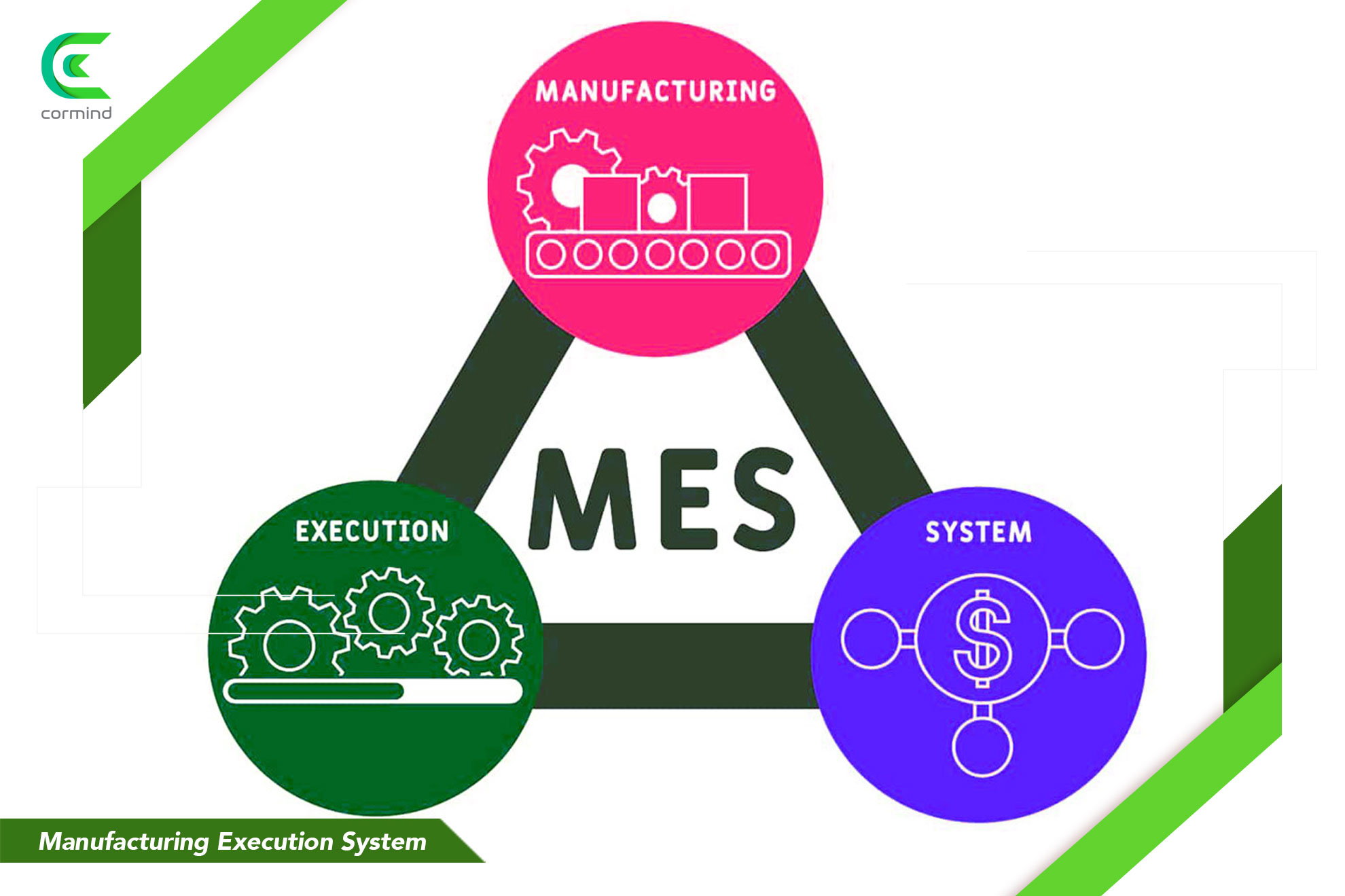What is MES?
Manufacturing Execution System (MES); is an information system that connects monitors and controls to production systems and data flows that take place in a factory or workshop. The overall goal of MES is to ensure that manufacturing operations are carried out effectively and to improve production output. This is achieved by monitoring and collecting real-time and accurate data about a complete product life management cycle.
The abbreviation of the production management system, whose full name in English is Manufacturing Execution System, is MES. It is an all-encompassing system that regulates and monitors everything that goes on in the workplace at any one time. The process begins with a variety of orders from consumers, the MRP system, the master programme, and other sources of planning, and then it makes the goods in the manner that is most productive, cost-effective, convenient, and of the highest possible quality.
History of MES
The MES has undergone significant development. Throughout the 1970s, industrial companies began automating their accounting processes by using software programs. These apps have, during the course of their development, come to offer standardized functionality for inventory management. MRP (Material Requirements Planning) systems that were able to do material planning, material management, and production definition were available during the end of the 1970s and the beginning of the 1980s.
AMR Research was the company that originally popularized the phrase “manufacturing execution system” in 1992. The company describes a manufacturing execution system as “a dynamic information system that facilitates the efficient execution of manufacturing activities.” The first generation of manufacturing execution system (MES) models were first built to reflect a company’s existing manufacturing process in field applications.
The Manufacturing Execution System (MES) started out as a straightforward program for data collecting in the late 1980s, but it has since developed into more cutting-edge software.
MES Core Functions
In 1995, the ISA-95 standard was developed by the American National Standards Institute (ANSI) with the mission of providing abstract models and standard terminologies for the exchange of information between business systems and production operation systems in an enterprise.
Its 11th model, published in 1997, has the basic functions of a production management system. This model showed functions including scheduling and sequencing, maintenance and quality.
In its most current form, the basic core functions of MES include:
- Data collection and collection.
- Timing.
- Personnel and resource management.
- Process management.
- Performance analysis and document management.
Manufacturing Execution System Functions
MES can work in various areas of production operation such as resource scheduling, order execution and production analysis. This ensures that production can run without human intervention and maintain an accountable and controlled production flow. A versatile, robust production management system includes functions that are crucial to plants such as;
- Data Collection: All information entry, whether manual or automated, that provides a concise assessment of the entire process.
- Labour Management: Managing the best qualities and characteristics of employees and equipment and using them in the most advantageous areas.
- Product Tracking: It is to easily supervise and manage the process within production in real time.
- Quality Control: To control the quality of the production process and to allow changes and improvement in production.
- Performance Analysis: The system analyses the whole process and identifies areas where there is no efficiency. This allows the system to move closer to the point of efficiency while the process continues.
- Maintenance Management: Inevitable maintenance that does not interfere with production is planned, thus ensuring a smooth production flow.
Implementing a production management system easily reduces waste, increases uptime and reduces inventory through various scheduling methods such as finite scheduling, queue compression and visual scheduling. MES is incredibly beneficial to large and small manufacturing operations in need of production improvement.
Benefits (Advantages) of Manufacturing Execution System
Some advantages of the production management system are listed below:
- – Reduce Production Cycle Time
- – Reduce Work-in-Process
- – Reduce Lead Time
- – Improve Product Quality
- – Improve Customer Service
- – Reduce Installation Cost
Although a manufacturing execution system is highly advantageous, it is not enough on its own to successfully optimise production. While project managers are looking for ways to further increase production, many consider advanced planning and scheduling (APS) systems to be a viable solution.
How MES and ERP work together?
Both MES and ERP (enterprise resource planning software) have the ability to work together. Since both software bring different features to the forefront, using them together will help you to better finalise your business. Both software can be integrated, which can improve operational clarity and equip organisations with the ability to monitor and adjust performance according to business plans.
ERP knows why decisions need to be made and MES knows how to make these decisions.
Contact us for detailed information about mes software or for installation in your existing business. Let’s calculate together what your company will gain in the short term and long term. Remember, there is no initial setup fee in the mes system we install.








